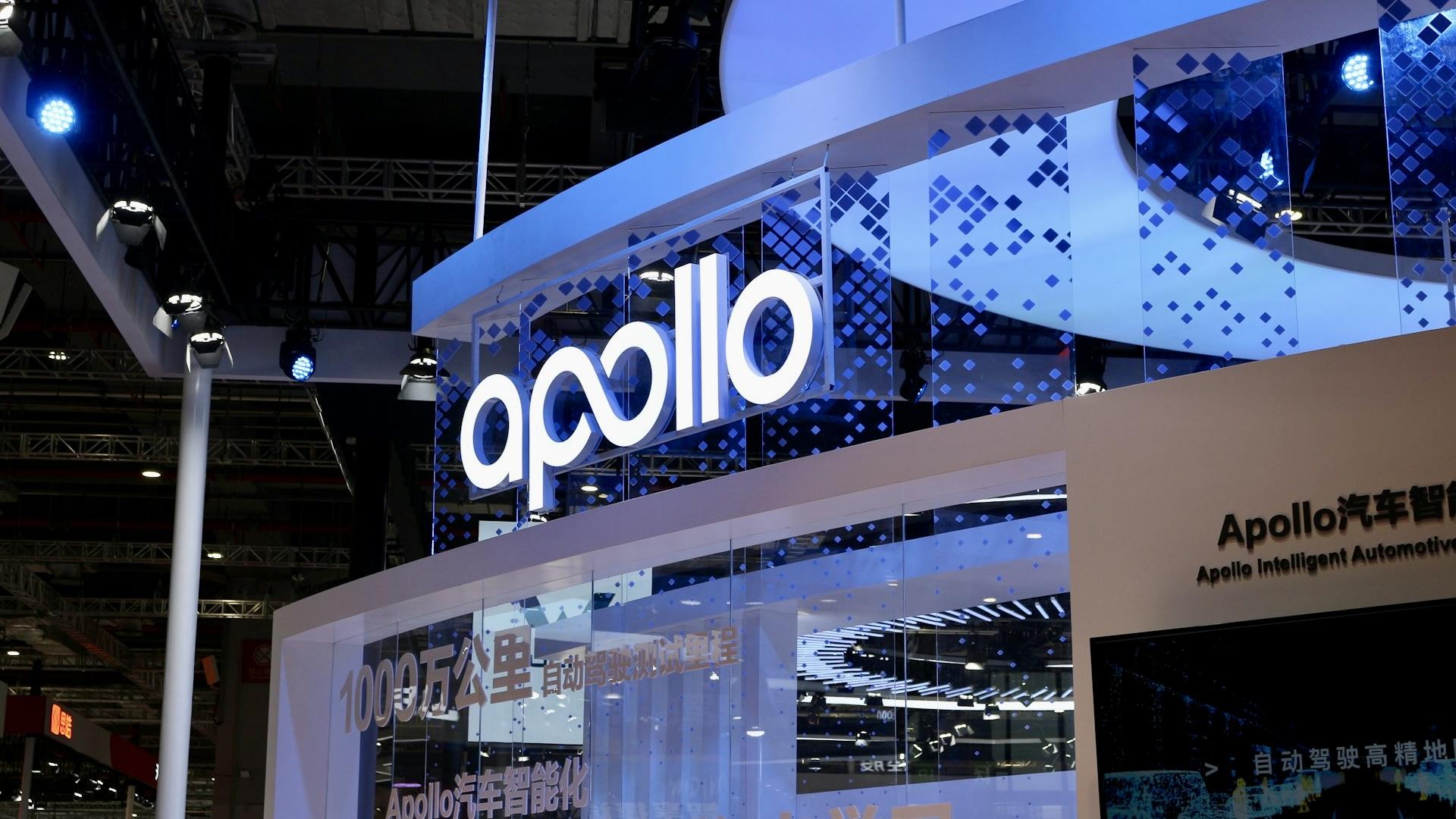China's Baidu has obtained Hong Kong's first autonomous vehicle testing license, allowing its Apollo robotaxi to operate on designated roads, signaling its ambitions to expand robotaxi services globally.
Baidu Expands Apollo Robotaxi Testing to Hong Kong
Baidu is expanding its reach beyond China's mainland, has secured a permit to conduct autonomous vehicle testing in Hong Kong via its Apollo robotaxi service, Reuters reports.
The Transport Department of Hong Kong said on Friday that Baidu Apollo International Ltd has been given the green light to test out ten autonomous vehicles in North Lantau.
In the first stage, the statement states that only one self-driving car may operate on certain road sections at a time, and that the license will be valid from December 9, 2024, to December 8, 2029.
It further stated that in the event that the primary operator is unable to continue operating the vehicle, a backup operator will be present during the experiment.
Hong Kong Pushes Autonomous Vehicle Trials
Although the government of Hong Kong has been pushing for autonomous vehicles since at least 2017, it wasn't until March of this year that they authorized more extensive experiments, including on public roads, according to new regulatory regulations.
The Hong Kong government has issued its first pilot license following the implementation of the new regulatory framework.
Baidu Secures First International Testing Permit
Additionally, this was the first authorization for Baidu to test autonomous vehicles outside of mainland China that is known to exist, Yahoo Finance points out
Among the many Chinese locations where the company's robotaxi service Apollo Go is available, Wuhan in central China boasts the biggest fleet of almost 400 cars.
Plans for Global Expansion as Competition Heats Up
In response to the intensifying rivalry to commercialize autonomous vehicles, Baidu is reportedly planning to expand the reach of its robotaxi service beyond mainland China, targeting markets such as Hong Kong, Singapore, and the Middle East, as reported last month by the Wall Street Journal.



 Hyundai Motor Plans Multibillion-Dollar Investment in Robotics, AI and Hydrogen in South Korea
Hyundai Motor Plans Multibillion-Dollar Investment in Robotics, AI and Hydrogen in South Korea  Meta Signs Multi-Billion Dollar AI Chip Deal With Google to Power Next-Gen AI Models
Meta Signs Multi-Billion Dollar AI Chip Deal With Google to Power Next-Gen AI Models  Trump Warns Iran as Gulf Conflict Disrupts Oil Markets and Global Trade
Trump Warns Iran as Gulf Conflict Disrupts Oil Markets and Global Trade  OpenAI Hires Former Meta and Apple AI Leader Ruomin Pang Amid Intensifying AI Talent War
OpenAI Hires Former Meta and Apple AI Leader Ruomin Pang Amid Intensifying AI Talent War  Greg Abel’s First Berkshire Hathaway Shareholder Letter Signals Continuity, Caution, and Capital Discipline
Greg Abel’s First Berkshire Hathaway Shareholder Letter Signals Continuity, Caution, and Capital Discipline  Anthropic Refuses Pentagon Request to Remove AI Safeguards Amid Defense Contract Dispute
Anthropic Refuses Pentagon Request to Remove AI Safeguards Amid Defense Contract Dispute  China’s New Home Prices Post Sharpest Drop Since 2022 Amid Ongoing Property Slump
China’s New Home Prices Post Sharpest Drop Since 2022 Amid Ongoing Property Slump  Pentagon Weighs Supply Chain Risk Designation for Anthropic Over Claude AI Use
Pentagon Weighs Supply Chain Risk Designation for Anthropic Over Claude AI Use  DeepSeek AI Model Trained on Nvidia Blackwell Chip Sparks U.S. Export Control Concerns
DeepSeek AI Model Trained on Nvidia Blackwell Chip Sparks U.S. Export Control Concerns  Trump Media Weighs Truth Social Spin-Off Amid $6B Fusion Energy Pivot
Trump Media Weighs Truth Social Spin-Off Amid $6B Fusion Energy Pivot  Nvidia Earnings Beat Expectations as AI Demand Surges, Stock Rises on Strong Revenue Outlook
Nvidia Earnings Beat Expectations as AI Demand Surges, Stock Rises on Strong Revenue Outlook  Gold Prices Steady in Asia, Set for Strong February Gains on Safe-Haven Demand
Gold Prices Steady in Asia, Set for Strong February Gains on Safe-Haven Demand  Nvidia Earnings Preview: AI Growth Outlook Remains Strong Beyond 2026
Nvidia Earnings Preview: AI Growth Outlook Remains Strong Beyond 2026  Australian Dollar Rallies on Hawkish RBA Outlook; Yen Slips as BOJ Faces Political Pressure
Australian Dollar Rallies on Hawkish RBA Outlook; Yen Slips as BOJ Faces Political Pressure  MOEX Russia Index Hits 3-Month High as Energy Stocks Lead Gains
MOEX Russia Index Hits 3-Month High as Energy Stocks Lead Gains  BlueScope Steel Shares Drop After Rejecting Revised A$15 Billion Takeover Bid
BlueScope Steel Shares Drop After Rejecting Revised A$15 Billion Takeover Bid  Coupang Reports Q4 Loss After Data Breach, Revenue Misses Estimates
Coupang Reports Q4 Loss After Data Breach, Revenue Misses Estimates 































